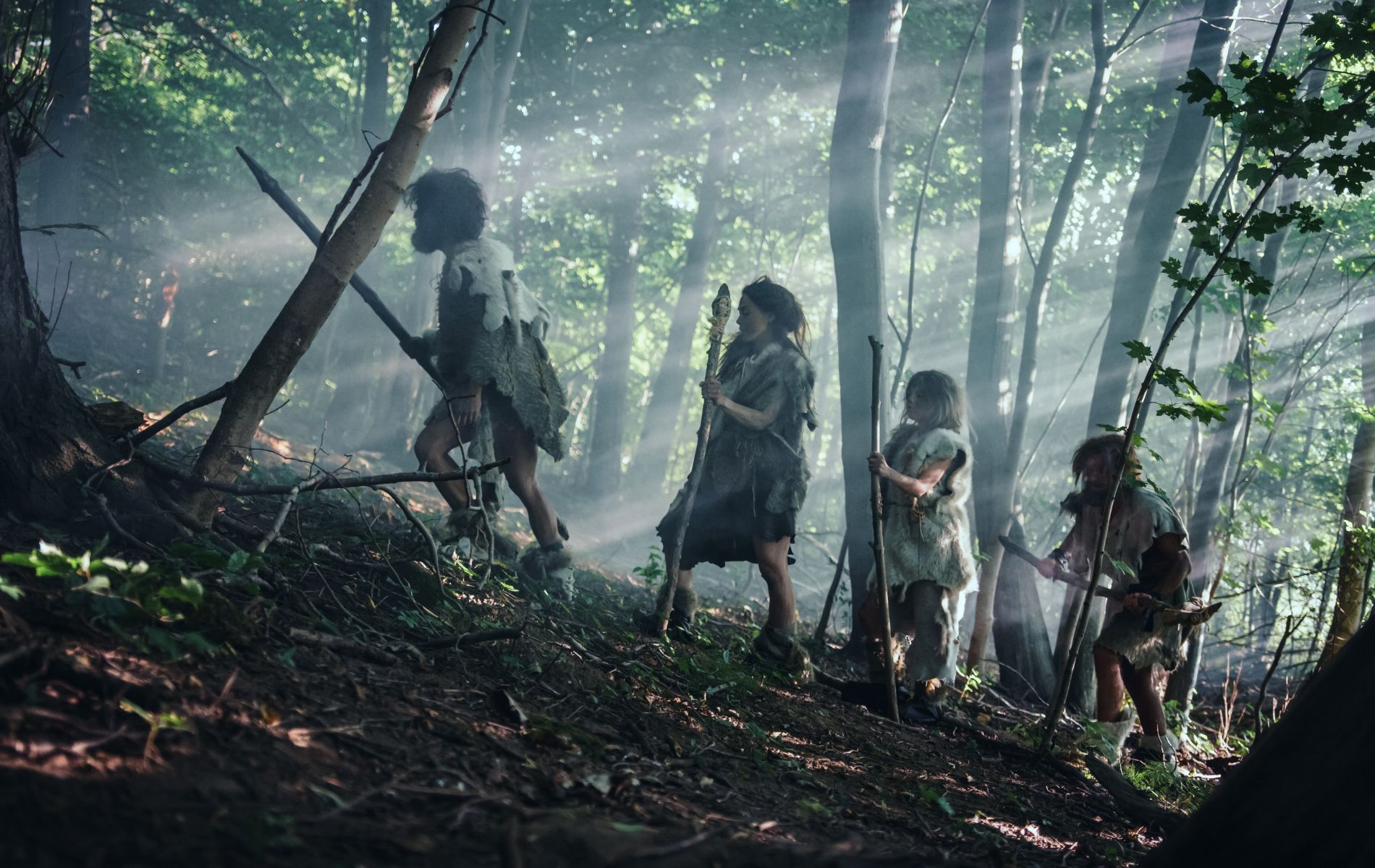Things are not going well for humans, from an evolutionary standpoint. We face a climate crisis of our own making, but our evolution prevents us from solving it. So, it's really amazing that we've come this far.
The problem is that we've been trying to make the most of nature for thousands of years: we invented the bow and arrow to hunt, and the plow to farm the land. Thus we adapted to the environment to eventually dominate the Earth. From an evolutionary perspective, it is very unnatural not to use nature, but to save it.
Learn to fish
Researchers from University of Maine Investigation How does this so-called cultural adaptation to the environment affect the solution to the current climate crisis? They discovered some interesting patterns. Over the past 100,000 years, groups of people have used more and more different resources on an increasingly widespread scale. This has also had an increasing impact on the environment. These groups spread again to new places with new resources, where they repeated the same trick.
Man could easily spread across the Earth precisely because he was able to adapt well to the environment. This led to the accumulation of tricks in order to survive. Think about technology to take advantage of resources in the environment, such as farming and fishing methods, irrigation systems and energy supplies, but also the social connections to manage things.
Slowly exhausted
“Human evolution is mainly driven by cultural change, which is much faster than genetic evolution,” explains researcher Tim Waring. “This rapid pace of adaptation has enabled humans to colonize all habitable lands around the world.” This process continues to accelerate: as populations grow More importantly, you learn how to adapt more quickly, which in turn saves more resources and enables faster growth.
“For a hundred thousand years, this has been good news for our species,” Waring said. “But this expansion was dependent on large amounts of available resources and space.”
And now we're stuck: we've reached the limits of Earth. We are in fact victims of our own intelligence, which led us, for example, to the widespread use of fossil fuels, which now cause so much misery.
Procrastination tendencies
The question now is: what next? What does this mean for our ability to solve the current crisis? To do this, the researchers looked at when and how sustainable human adaptations emerged in the past and actually discovered two general patterns. First, steps were taken only when people were struggling and unable to sustain their resources. For example, we only started phasing out CFCs when we discovered that acid rain was polluting our water. This last-minute action is a major problem in the current climate crisis, because we need to come up with a solution now before things get really bad.

The second point is that environmental protection takes place mainly within communities and not in all areas. An example of this is keeping regional waters clean. This requires regional cooperation and infrastructure. These arise from regional cultural development. This is difficult if you want to solve a global problem.
We need a social system that works well for the entire planet, and it doesn't exist. “One problem is that we don't have a coordinated global community that can take action,” says Waring. “We only have smaller groups of people and that's probably not enough. But it is possible to reach agreements (like the Paris Climate Agreement, ed.) to address these common challenges, so that's actually the easy problem.”
Competition for resources
The other problem, according to Waring, is much bigger than that. Cultural evolution within different groups only benefits the countries and companies themselves and not the common goal, delaying action on common priorities. Cultural evolution between groups will only exacerbate competition for resources and may lead to intergroup conflict.
“This means that solving global problems, such as climate change, is much more difficult than previously thought,” says Waring. “Not only is this the hardest thing our species has ever done, it also contains key features of human evolution that are working against us. In order to address the global climate crisis, we must swim against the tide.”
More cooperation
Waring and his colleagues were the first to claim that human evolution interferes with our ability to address global problems. So more research is needed to determine how serious this is, for example, but if what they claim is true – and it appears to be – then this knowledge should be used to improve our response to the climate crisis through, for example, global partnerships. Or create councils
“There is of course hope that people can stop climate change. We had shared governance before, but we could not achieve it so quickly and not on a global scale.” However, it is not that we have achieved nothing. The 2015 Paris climate agreement, which called for keeping temperature rises below 2 degrees, but preferably below 1.5 degrees, has prompted many governments to take action. The Montreal Protocol to protect the ozone layer and the ban on commercial whaling are examples of international cooperation in the field of the environment.
new ways
But none of this is done on a global scale. “Our study explains why and how global governance is so difficult to build, and helps researchers and policymakers look more clearly at how to achieve global solutions,” Waring explains.
He talks about a new political mechanism to address the climate crisis: we must adapt the process of adaptive change between countries and big companies. In other words: we should not compete but work together. “We have no other solutions to the idea of a long-term evolutionary trap, because we barely understand the problem. But if our conclusions are half right, we need to do more research on them very quickly,” Waring concludes.

“Coffee buff. Twitter fanatic. Tv practitioner. Social media advocate. Pop culture ninja.”











More Stories
Which can cause an increase in nitrogen.
The Central State Real Estate Agency has no additional space to accommodate Ukrainians.
The oystercatcher, the “unlucky national bird,” is increasingly breeding on rooftops.